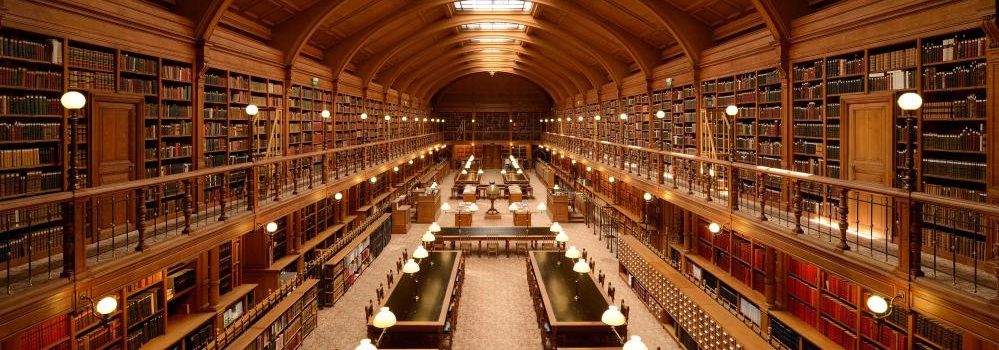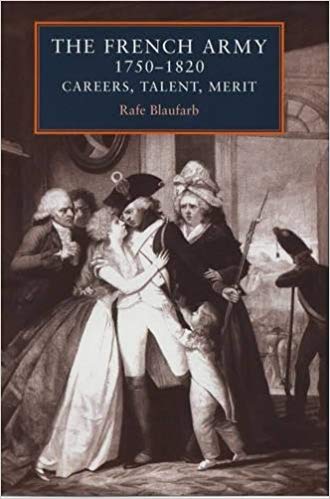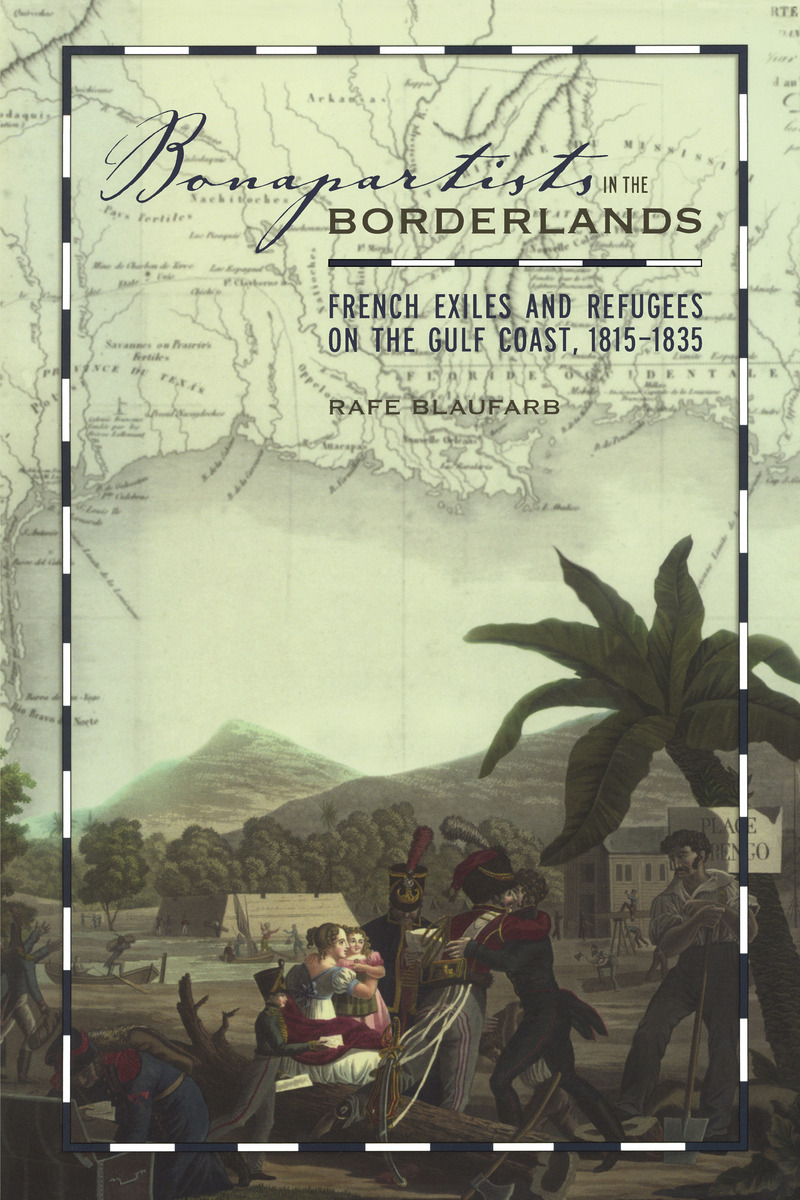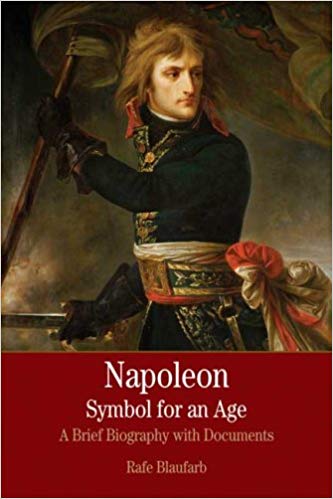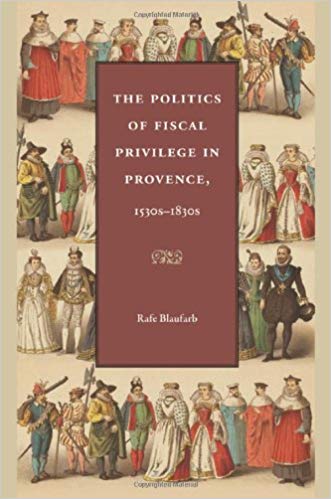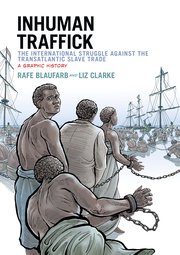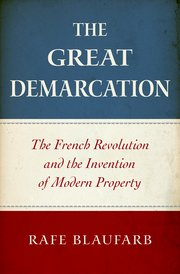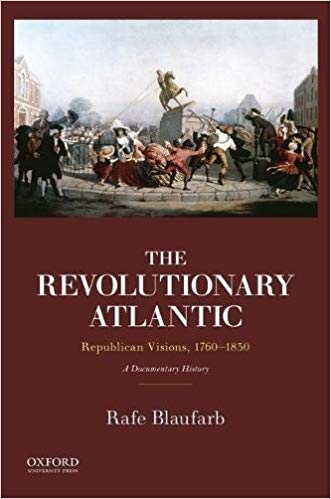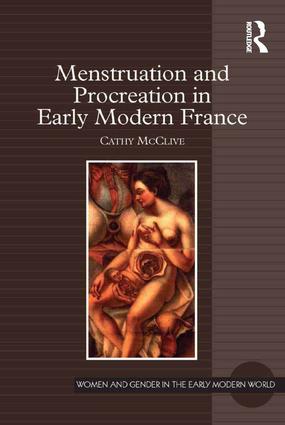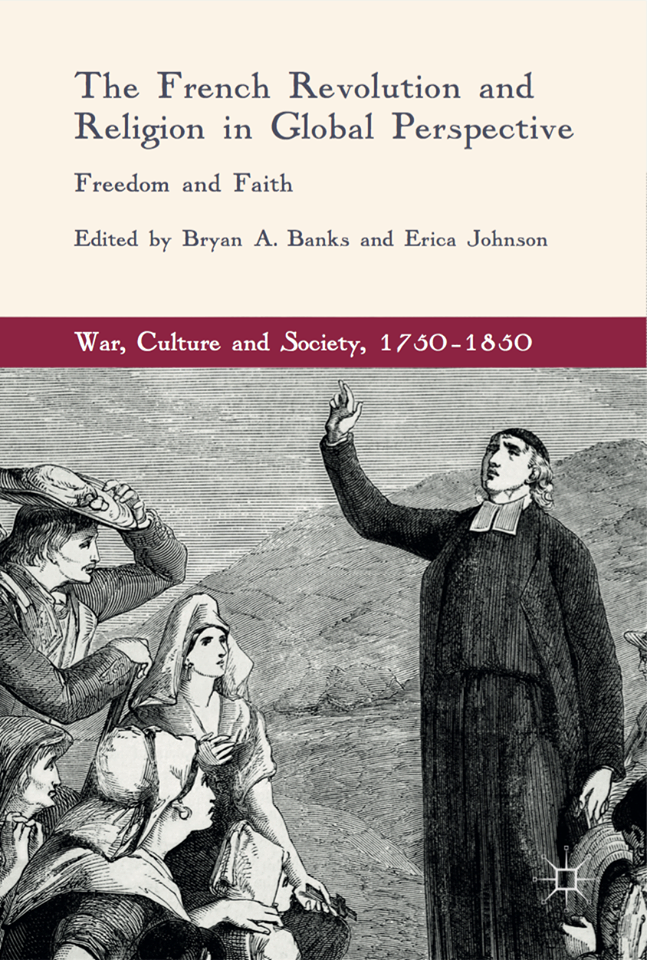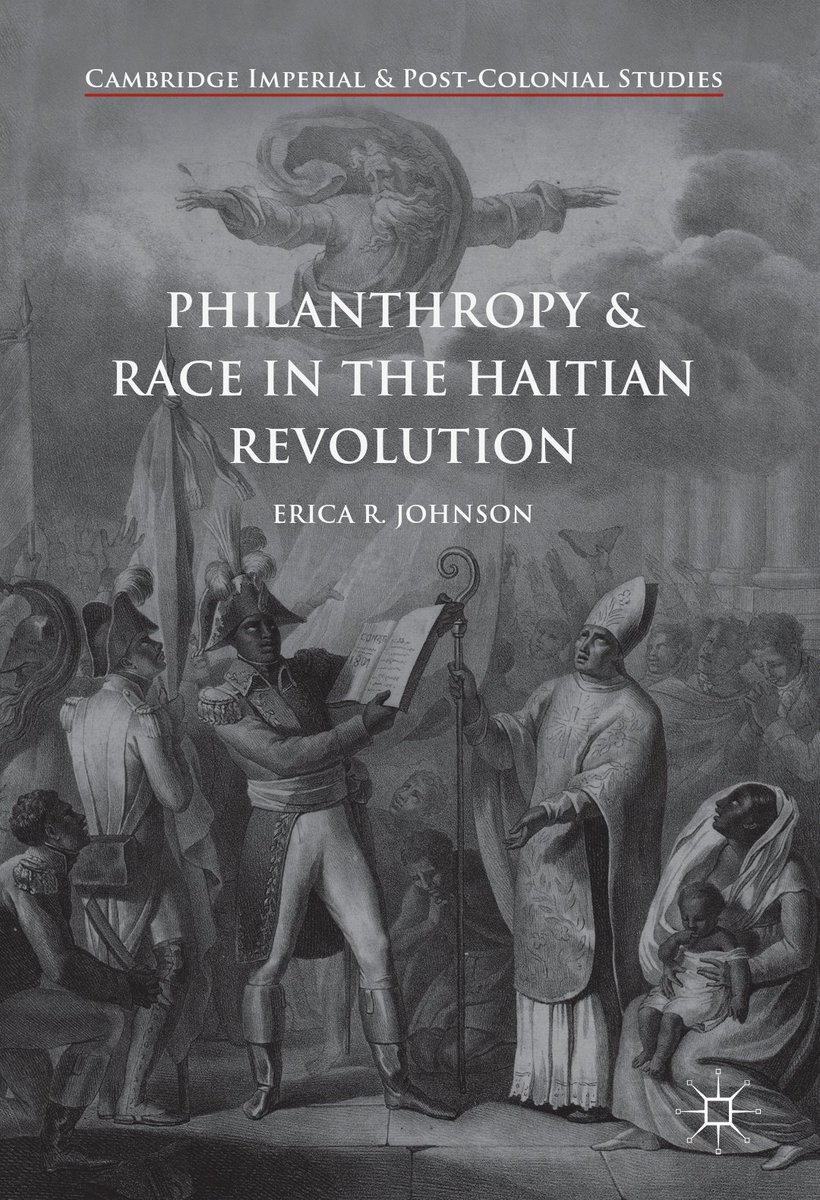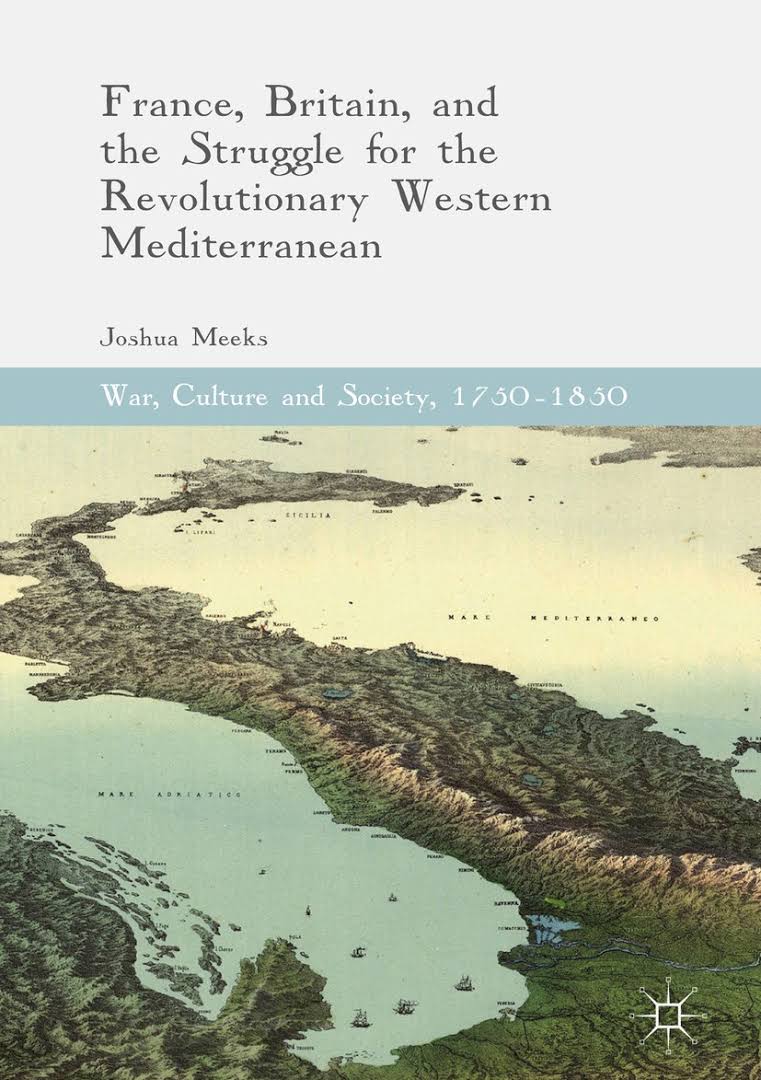Bookshelf of the Institute on Napoleon and the French Revolution
Faculty
|
|
Menstruation and Procreation in Early Modern France |
Recent Alumni Publications
|
|
Freedom and Faith: The French Revolution and Religion in Global Perspective |
|
|
|
|
Environmental Disaster in the Gulf South: Two Centuries of Catastrophe, Risk, and Resilience |
|
|
|
|
Freedom and Faith: The French Revolution and Religion in Global Perspective |
|
Philanthropy & Race in the Haitian Revolution (Cambridge Imperial & Post-Colonial Studies Series) |
|
|
|
|
Two Institute alumni, Professors Bryan Banks and Cindy Ermus, have also created a collaborative, peer-reviewed 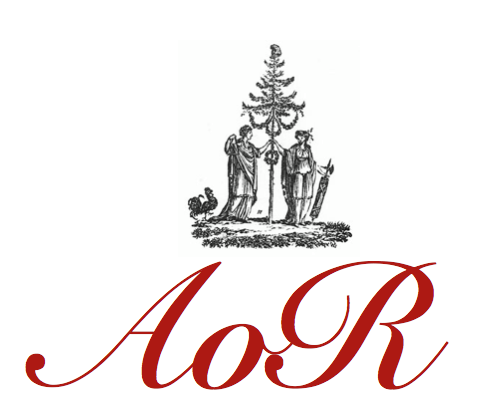 online blog on the Age of Revolutions and the concept of "Revolution."
online blog on the Age of Revolutions and the concept of "Revolution."
"Age of Revolutions: A HistorioBLOG is an international, collaborative outlet for scholars from diverse fields to share their research, debate ideas, and think comparatively about historical revolutions, revolutionaries, and the idea of 'revolution' itself."


